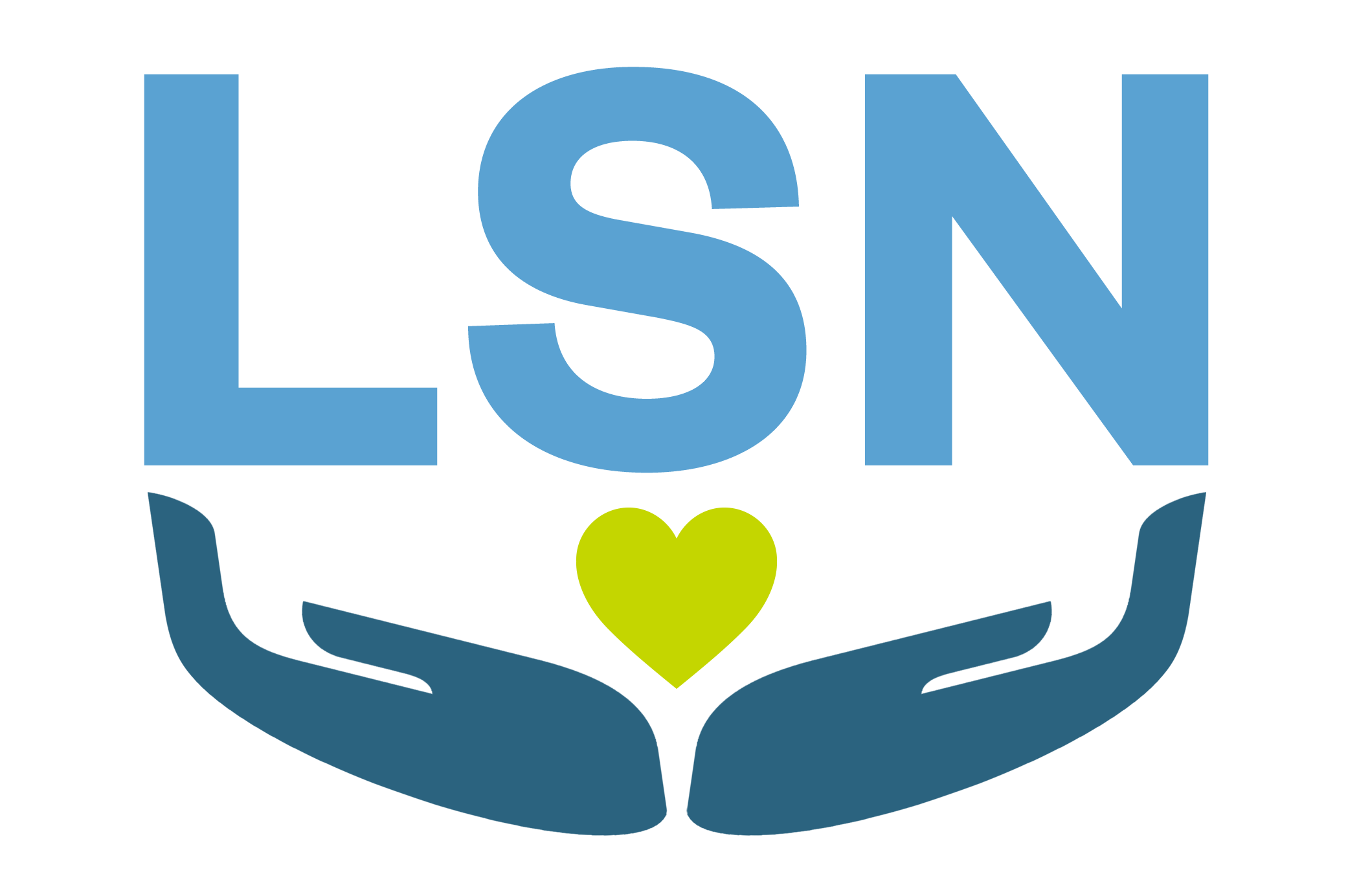Where Do We Start? Healing through Community

Repeated trauma, especially traumas as similar and close together as the two lockdowns UNC-Chapel Hill has experienced, can be difficult. Navigating trauma is highly individualized and not at all linear. Whatever you are feeling, however you are responding, is valid. You might feel angry, sad, hopeless, tired, confused; a range of emotions is likely. You might have questions - Why? How? When will this end? One common question that’s been echoed through spheres of students who are trying to heal: Where do we start?
There is value in a supportive community to promote healing. In the recent mental health seminar, Regaining a Sense of Safety: Coping with Trauma and Grief, Dr. Donald Rosenstein concluded part of his talk by saying, “…feeling like you’re not in this alone is a big part of [healing]. Understanding each other and strengthening our sense of community, I think, is really critical going forward.” So where do we start? Perhaps, as Dr. Rosenstein indicated, we start with each other.
Healing together
Students have always been and always will be the pulse of Carolina. During tragedy and hardship, students have pulled together countless times to make change, to stand up for what’s right, to help each other in times of need, to listen and to love their peers. Faculty and staff have played an immense role in healing and navigating through hardship, and often share excellent resources for students to find support during difficult times. Many of us also lean on family or friends from outside UNC-Chapel Hill as important systems of support that offer comfort, peace, and strength. Hold your community tight and find ease and support within it.
Healing is not linear or uniform, and there is no right way to heal. However, specific strategies can be helpful on your healing journey - wherever you are in your process.
Find community
- Seek out friends, peers, family, staff, mental health professionals - whoever you feel comfortable with - and connect with them. Having a support system and supporting those around you can help you realize you are not alone.
- Be honest with your community about your feelings and reactions to these events. Opening a dialogue within your community helps everyone.
- Practice healthy boundaries by letting your community know what you do and do not need in the collective efforts to heal.
Give yourself grace
- Healing from trauma is not a neat and tidy process. Give yourself grace as you heal and learn how to take care of yourself.
- Practice self-care techniques, which look different for everyone. This might range from focusing on your work and keeping your routine to taking some time to meditate and take a break from environments that may make you feel stressed or afraid.
Get involved
- Some people may find it helpful to get involved in advocacy groups, peer support, or policy work.
- Consider completing a mental health training to be more prepared for supporting your community.
- Share resources with your community. A comprehensive mental health resource hub is searchable and filterable by need on the Heels Care Network website at care.unc.edu/resources.
Finding where to start after a traumatic event can be tough. Lean in to your community at Carolina, and know you are not alone.
If you're unsure whether you need professional support, reaching out to a mental health provider for an assessment can provide clarity. An initial CAPS consultation is available for students Monday – Friday from 9:00 a.m. - noon and 1:00 p.m. - 4:00 p.m., no appointment needed.

